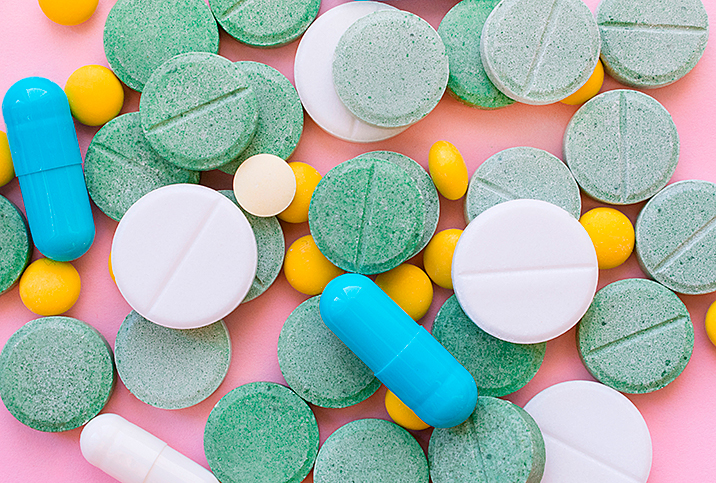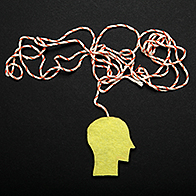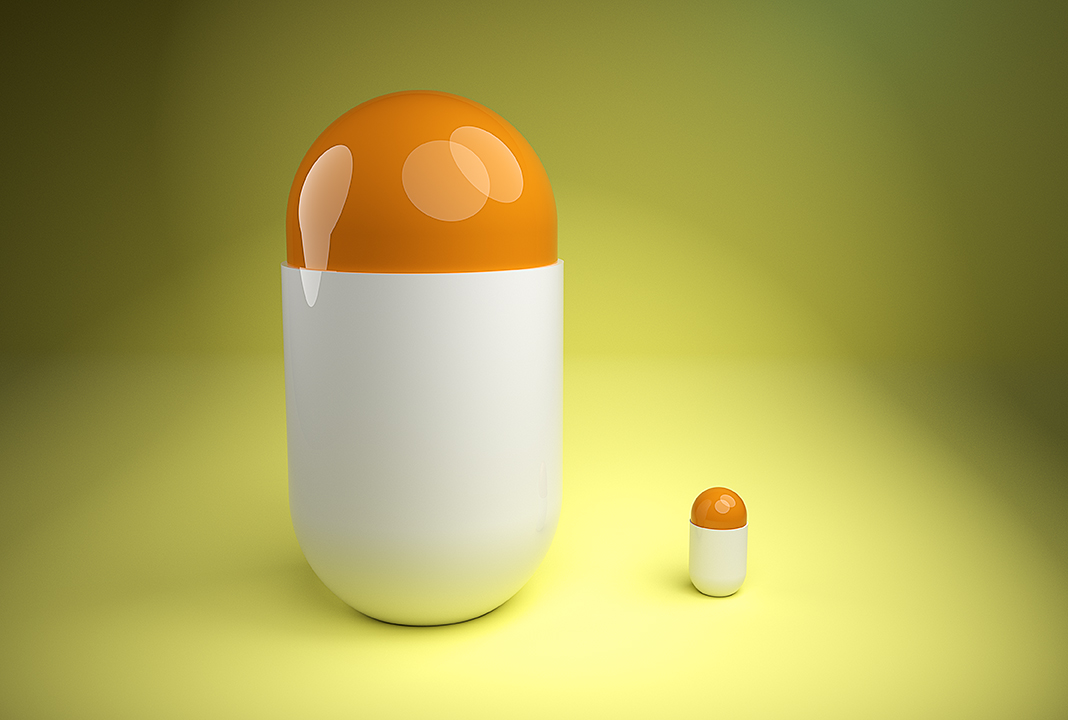Though Often Maligned, Stimulants Play Real Role in Treating ADHD

The Netflix documentary "Take Your Pills" (2018), from director Alison Klayman, left a bad taste in my mouth. The film focuses on the overuse and mistreatment of stimulant medications such as the film's main antagonist, Adderall, by college students.
While Adderall and other stimulants are certainly abused in colleges—1 in 6 college students takes stimulants, according to Psycom—the filmmakers chose to blame the drugs themselves, rather than the systems that make college students so stressed they feel the need to pull all-nighters and take unprescribed medication in the first place.
This isn't a film review, though I would certainly discourage anyone from watching it. "Take Your Pills" takes a stance that's held by many more people than just Alison Klayman: Stimulant medications are bad.
This doesn't begin to paint the whole picture.
Prescribed is good
Any drug is "bad" if you take it without a prescription or use it against medical instruction; such use can lead to serious side effects, such as psychosis, anger, paranoia, heart attack and seizures. Stimulants can also be highly addictive for neurotypical brains because they activate dopamine receptors and speed up the response time between the brain and the body. But in these cases, we're talking about people whose brains already produce adequate dopamine levels and can focus without medication.
That's not the case for people with ADHD who take Adderall and Mydayis as prescription drugs to help their condition. (Adderall and Mydayis are brand names for a combination drug that contains amphetamines, a central nervous system (CNS) stimulant.)
'A big thing I like to communicate to people with ADHD about their medication is that the dependence and addiction potential with stimulants typically does not apply to individuals with ADHD.'
"I started watching that documentary and actually was not able to finish it because I had a similar reaction," said Amy Marschall, Psy.D. "A big thing I like to communicate to people with ADHD about their medication is that the dependence and addiction potential with stimulants typically does not apply to individuals with ADHD.
"I often compare it to taking insulin," she added. "If you're diabetic and need insulin, it helps your body to take it, but it can be harmful if you don't need it."
A 2017 study from UC Davis biochemist and cellular biologist Yang (Kevin) Xiang looked at the link between diabetes and an increased risk for heart failure, to which he found insulin can inhibit receptors in the heart responsible for pumping blood. For those already weak of heart, this could cause serious damage, and yet diabetics still need insulin.
The difference here is that college kids aren't pumping insulin to study for finals.
I need those drugs
"I hear a lot of people say that they don't want to take stimulant medication because of the unknown risks of long-term use," said Aron Croft, ADHD coach and founder of Hidden ADHD. "But people fail to factor in the known risks of untreated ADHD."
A study from 2012 outlined, in elaborate detail, what those risks are, which included an inclination toward excessive drug and alcohol use, addictive behavior, low self-esteem, depression, anxiety, antisocial behavior, difficulty maintaining relationships, obesity, poor academic performance, an inability to hold down a job and even things like getting into more car accidents.
When I was diagnosed with ADHD at 24 years old, several aspects in my life made sense in hindsight: my failed romantic relationships, my lack of motivation, my procrastination and my propensity for drinking. Knowing what I was really dealing with was my first step to learning how to manage the condition.
"People with ADHD get told to use planners, so they purchase a planner that they then never look at again," Marschall said. "Or someone loses their keys a lot. The 'standard' advice is to get a hook to keep your keys on, but then the person forgets to use the hook. It's much easier and more natural to figure out where you are putting the keys and decide that's where they go."
It sounds trivial to neurotypicals, but these are the kinds of things that are difficult for people with ADHD. And not just losing keys: I forget lunch plans, that important call to a student loan provider or even to get an article in before the deadline. (We forgive you, Austin. Love, your editors.)
Your party drug is my normal life
"I want to make sure I'm clear," Marschall said. "People with ADHD do not typically abuse their medication and, in fact, often struggle to remember to even take the prescribed dose."
When stimulants boost dopamine levels in the brain, that translates to increased motivation, pleasure and attention. For neurotypicals, this also means the drugs are compounding their normal levels of dopamine with more, resulting in almost euphoric feelings, which is why some college kids are snorting Adderall at parties and not just to pull an all-nighter to get their homework completed on time.
ADHD brains are dopamine-deficient, sort of. They actually have a higher concentration of dopamine transporters in the brain, but the transporters remove dopamine. A high concentration of transporters will displace dopamine too quickly, giving the brain less time to make use of it. Prescription stimulants, such as Ritalin, Adderall and Vyvanse, when correctly dosed by a licensed psychiatrist, seek to balance out that deficiency, allowing us to function, well, normally.
The stigma around stimulants is based on a misrepresentation of what the drugs are properly prescribed and used for. They are not a party drug.
"ADHD brains simply need more stimulation to work well," Croft agreed. "Research shows that medication is effective in over 70 percent of cases."
Ultimately, how you decide to treat your ADHD comes down to your preference and the recommendations from your doctor, but nobody with ADHD should feel ashamed for deciding to take stimulant medication.
The stigma around stimulants is based on a misrepresentation of what the drugs are properly prescribed and used for. They are not a party drug. They are not "cognitive enhancers." They're not the pill from "Limitless."
We need to think of stimulants as we think of an inhaler for an asthmatic or, as Marschall said, insulin for a diabetic. In many cases, stimulants greatly improve the quality of everyday life for many people with ADHD. And I should know, because I'm one of those people.




















